2001 – 2014; 2022 – present
Native peoples have persevered as generations of Indigenous leaders and community members have worked tirelessly to protect their sovereignty, families, cultures, and homelands. Today, in tribal council chambers from Northern California to Southeast Alaska, this continuum of visionary leadership and care remains intact as contemporary Indigenous leaders continue to address the many political, cultural, environmental, economic, and social challenges facing them.
The desire to recognize the determination of Native peoples and the significant achievements of Indigenous leadership are the reasons the Indigenous Leadership Awards (ILA) were created. The awards are a public appreciation—a celebration—of each awardees’ unwavering dedication and impact.
2024 Indigenous Leadership Award Recipients
The 2024 Awardees to be honored this year represent Native homelands across the Pacific Northwest — the region where Ecotrust focuses its work as an organization — and includes seasoned as well as emerging leaders.
Together with family, friends, and colleagues, the Awardees will be celebrated during a ceremony at the Redd on Salmon Street in Portland on October 16, 2024.
Awardee portraits were photographed by Mel Ponder.
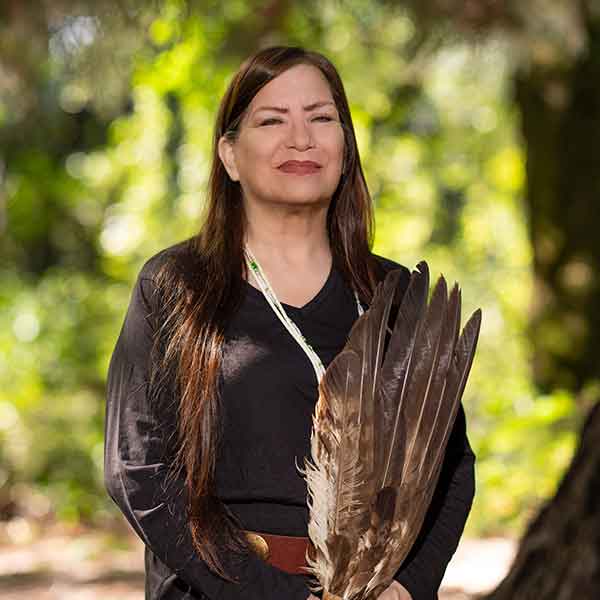
Oglala Lakota and Nimiipuu | Chief Community Engagement and Development Officer, Native American Rehabilitation Association of the Northwest | President of the Bow and Arrow Culture Club | Oregon
In honor of her decades-long role as guide, convener, and cultural ambassador for the Portland urban Indian community.
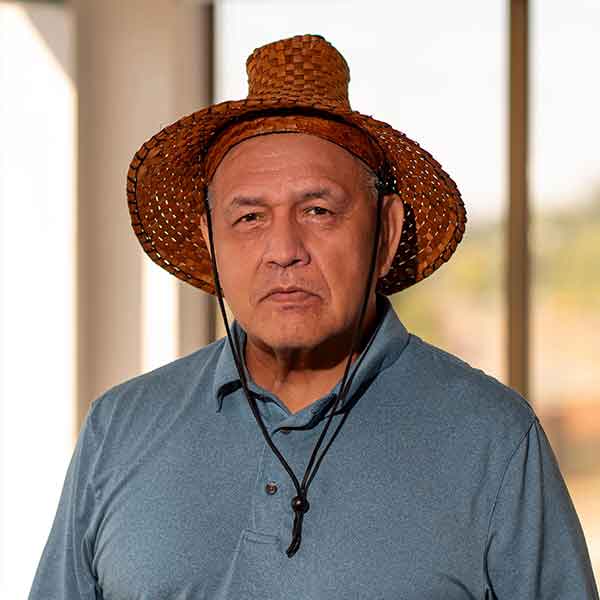
Lummi | Educator and storyteller, founder of Children of the Setting Sun Productions | Former chairman of the Lummi Nation | Washington
In celebration of his leadership in enhancing opportunities for Native education in the Northwest and ongoing commitment to sharing the stories of Native peoples.
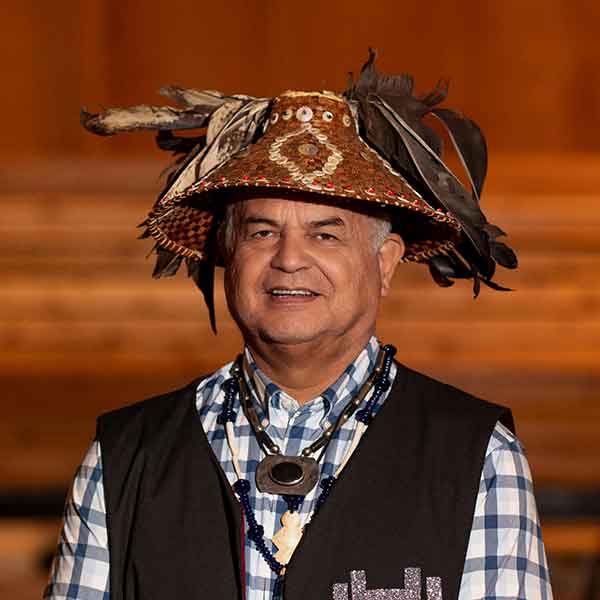
Skokomish | Founder and visionary of the Skabob House, singer, carver, drummer and culture keeper | Washington
For his lifelong dedication to the cultural, physical, and spiritual healing of Indigenous peoples through art, song, language, and education.
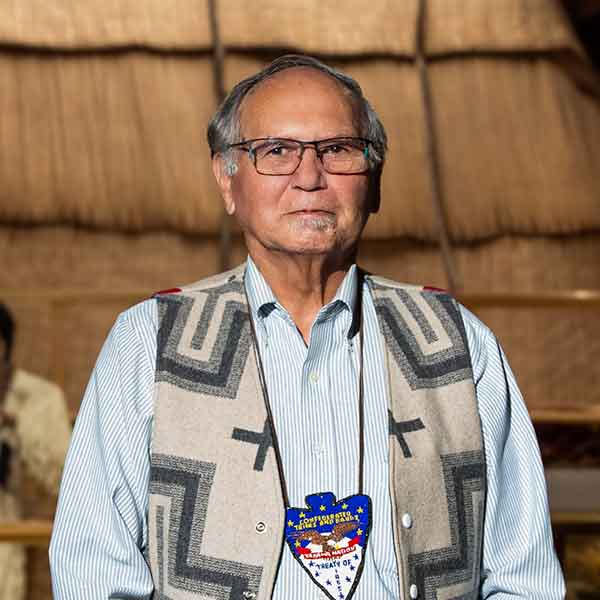
Yakama | Former Yakama Nation Tribal Chairman | Washington
In recognition of his stellar leadership in building agency, safety, and economic sovereignty for the Yakama Nation while protecting lands and waters and ensuring cultural continuity.
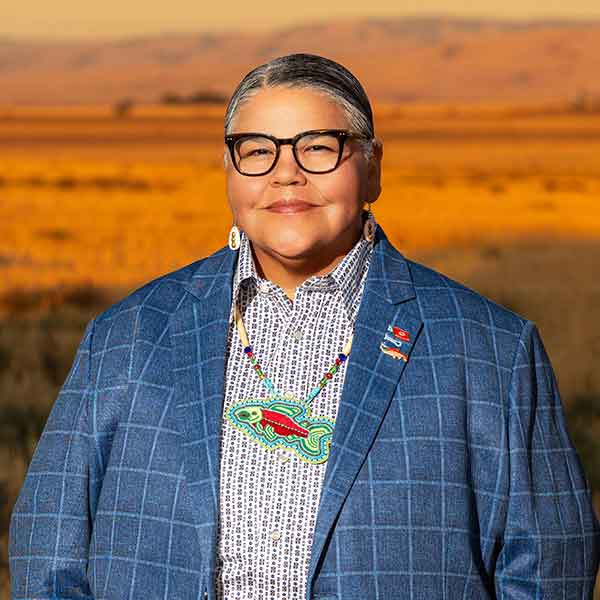
Umatilla | Confederated Tribes of the Umatilla Indian Reservation Board of Trustees | Oregon
For her steadfast advocacy for and commitment to the preservation of cultural connections between the peoples of the Umatilla and salmon.
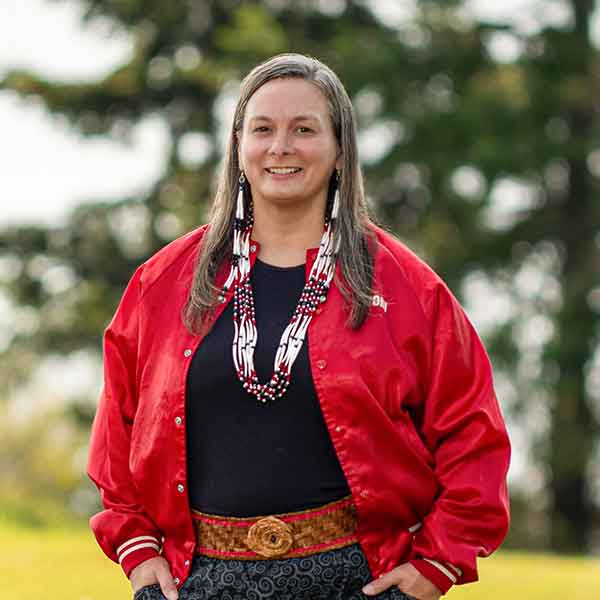
Tulalip | Tulalip Tribes Board of Director and Former Director of Policy and Advocacy, National Native American Boarding School Healing Coalition | Washington
In recognition for her commitment to protecting the Tulalip Tribes’ sovereignty and her work to bring justice and healing to Native peoples nationwide.
Full Awardee and Honoree List
Since 2001, the ILA has recognized 60 outstanding Indigenous leaders for their unwavering dedication to strengthen self-determination and their efforts to uplift their communities and lands. Nominated by their community and selected by their peers, these Indigenous leaders come from all walks of life and represent many different tribes, villages, First Nations, languages, cultures, and landscapes.
SandeBea Allman
Oglala Lakota and Niimiipuu
Darrell Hillaire
Lummi
sm3tcoom (Delbert Miller)
Skokomish
Delano Saluskin
Yakama
Corinne Sams
Umatilla
Theresa Sheldon
Tulalip
Sgaahl Siid Xyáahl Jaad
(Marina Anderson) (Haida/Tlingit)
Kh’asheechtlaa
(Louise Brady) (Tlingit)
Frances G. Charles (Lower Elwha)
Alyssa Macy (Wasco/Navajo/Hopi)
Corine Pearce (Pomo)
Gabe Sheoships (Cayuse/Walla Walla)
Terri-Lynn Williams-Davidson (Haida)
Confederated Tribes of the Umatilla Indian Reservation Youth Leadership Council
Julie Kitka (Chugach Eskimo)
Paul Lumley (Yakama)
Spring Alaska Schreiner (Inupiaq, Chugach Alaska Native Corporation shareholder and Valdez Native Tribe)
Michelle Week (Sinixt)
Roberta Reyes Cordero (Chumash Nation), Awardee
Annita McPhee (Tahltan Nation)
Eric J. Quaempts (Yakama)
Roy Sampsel (Choctaw/Wyandotte)
Arthur Williams Sterritt (Gitga’at)
Brian Cladoosby (Swinomish), Awardee
Patience Andersen Faulkner (Chugach Eskimo)
Micah McCarty (Makah)
Gail Small (Northern Cheyenne)
Jonathan Waterhouse (S’Klallam/Chippewa/Cree)
Delores Ann Pigsley (Siletz), Awardee
Nora Dauenhauer (Tlingit) (1927 – 2017)
Chief Adam Dick (Kawadillikall Clan of the Dzawatainuk Tribe of the Kwakwaka’wakw Nation) (1929 – 2018)
Wayne Warren Don (Cup’ig/Yupik)
Chuck Sams (Cocopa)
Kim Recalma-Clutesi (Kwagiulth/Pentlatch), Awardee
Jessie Housty (Heiltsuk)
Terry L. Cross (Seneca)
Sandra Sunrising Osawa (Makah)
James Manion (Wasco), Awardee
Janeen Comenote (Hesquiaht/Kwakiutl/Oglala Lakota/Quinault)
Allen Pinkham, Sr. (Nez Perce)
Brian Wallace (Washoe)
Patricia L. Whitefoot (Yakama)
Roberta (Bobbie) Conner (Cayuse/Umatilla/Nez Perce), Awardee
Carol Craig (Yakama)
Alfred (Bud) Lane, III (Siletz)
Lillian Moyer (Tahltan)
Guujaaw (Haida), Awardee
Harold Gatensby (Danka Tlingit)
Ilarion Larry Merculieff (Aleut)
Tawna Sanchez (Shoshone Bannock/Ute)
Judith Sayers, PhD (Nuu-chah-nulth)
W. Ron Allen (Jamestown S’Klallam), Awardee
Robi Michelle Craig (Kiks.adi Clan, Steel House, Tlingit)
Leaf Hillman (Karuk)
Chief Robert Simeon Pasco (Nlaka’pamux Nation)
Shawn E. Yanity (Stillaguamish)
Sarah James (Neetasii Gwich’in), Awardee
Clarence Alexander (Dranjik Gwich’in)
Ivan Jackson, Sr. (Klamath/Modoc)
Teri Rofkar (Sitka Tribe of Alaska) (1936 – 2016)
Terry Williams (Tulalip Tribes)
Jeannette Armstrong (Okanagan), Awardee
Billy Frank, Jr. (Nisqually) (1931 – 2014)
Susan Masten (Yurok)
Chief Nathan Matthew (Shuswap Nation)
Agnes Pilgrim (Takelma Band of Siletz) (1924 – 2019)
Kelly Brown (Heiltsuk), Awardee
Carol Craig (Yakama)
Kathleen Hill (Klamath)
Robert Sam (Sitka Tribe of Alaska)
John Ward (Taku River Tlingit First Nation)
Phillip Cash Cash (Cayuse/Nez Perce), Awardee
Susan Burdick (Yurok)
David Hatch (Siletz) (1936 – 2016)
Dennis Martinez (Tohono O’odham)
Pauline Hilistis Waterfall (Heiltsuk)
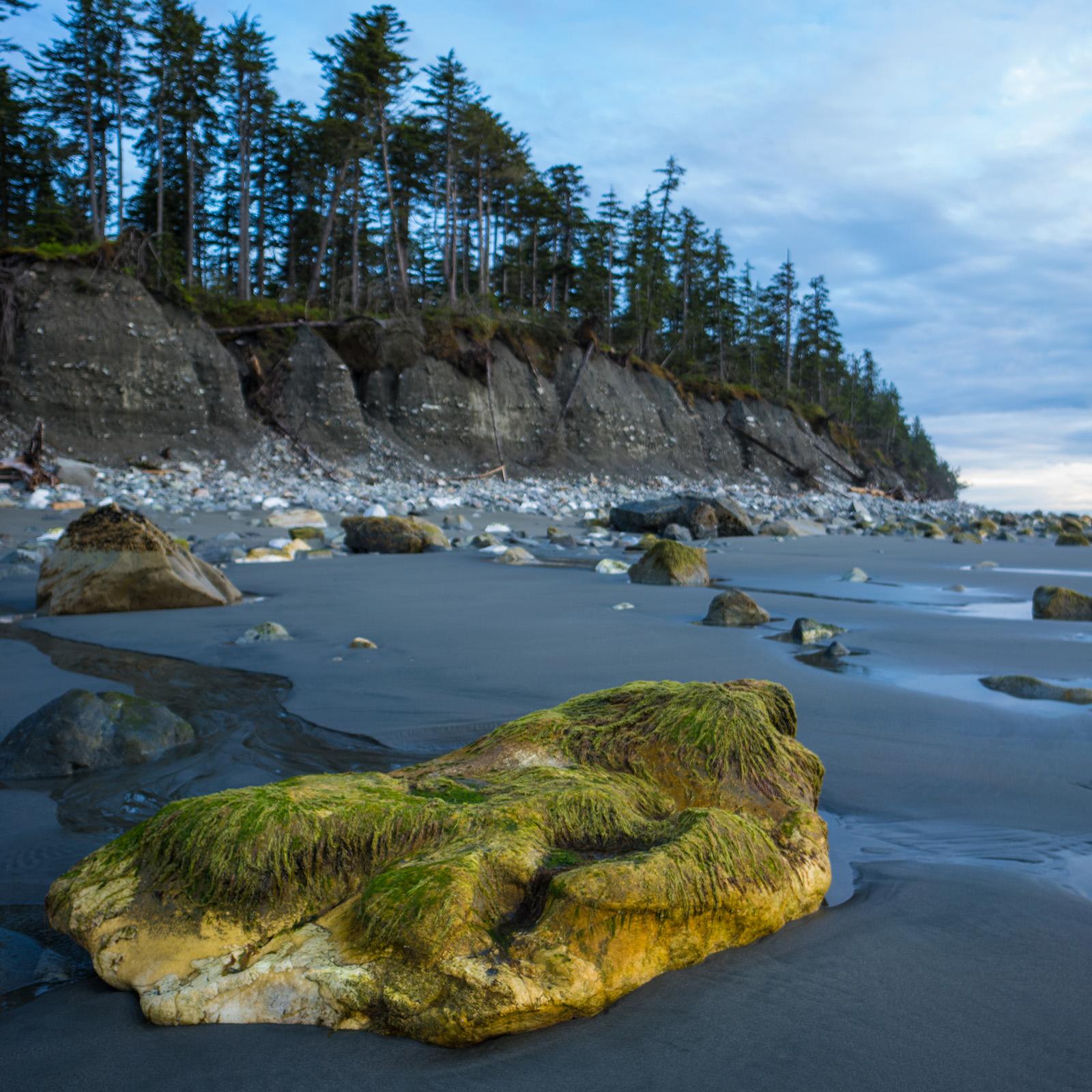
Featured
As a lead-up to the Indigenous Leadership Awards ceremony, our Indigenous Leadership Program curates a series of hour-long, online gatherings. This briefing series features tribal leaders from across the Pacific Northwest, who discuss the historical context of issues tribal communities have confronted over time and the ways Indigenous leaders responded. Attendees learn about little-known eras, issues, and subjects, all from an Indigenous perspective, and about the impact of Indigenous leadership on the well-being of tribal communities and beyond.
Ecotrust Project Team & Services
Want to learn more? Check out the full Ecotrust Staff & Board and all of our Tools for Building Collective Change.
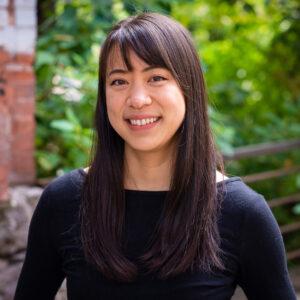
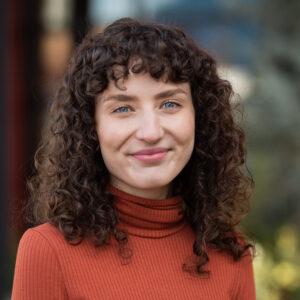


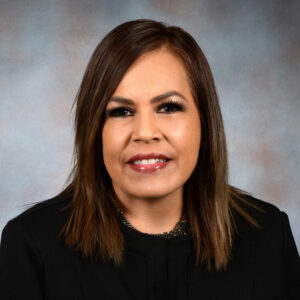
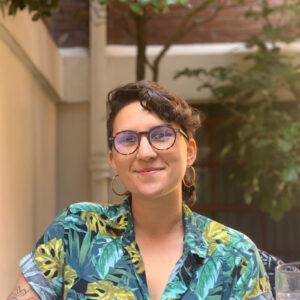
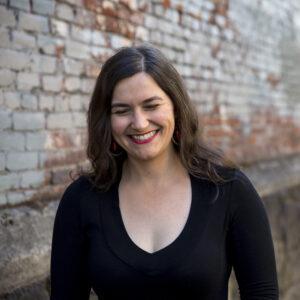
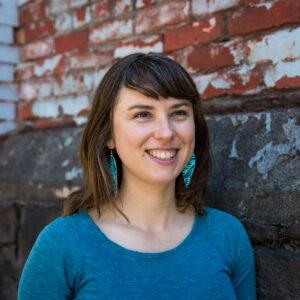

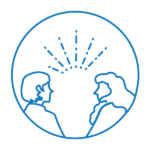
We engage and communicate powerful stories at the intersection of equity, economy, and the environment.
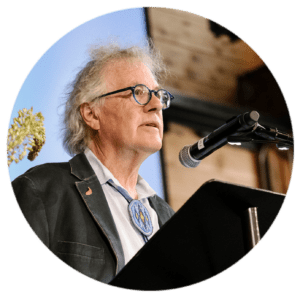
“
Any attempt to chart a sustainable course for the future must include the traditions, knowledge, and aspirations of Native people.
—SPENCER B. BEEBE, ecotrust founder
Resources

PRESS RELEASE
July 17, 2023 | Eight awardees to be celebrated during October 18 ceremony at the Redd on Salmon Street
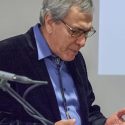
Blog post
IN MEMORIAM | On August 5, 2022, Alan R. Parker walked on
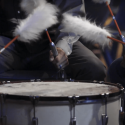
Blog post
STAFF VOICES | In place of a land acknowledgement, Ecotrust staff are asking you to support Indigenous communities by taking action
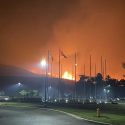
Blog post
INTERVIEW | An interview with Cody Desautel about the impacts of climate change on the Tribes’ forest and economy and how they are responding to threats
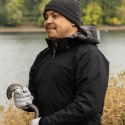
Blog post
INTERVIEW | An interview with Gabe Sheoships, the Executive Director of the Friends of Tryon Creek
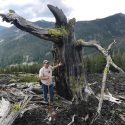
Blog post
PARTNER VOICES | An interview with Mike Durglo, Jr., the Tribal Historic Preservation Office director for the Confederated Salish and Kootenai Tribes.
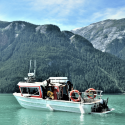
Blog post
STAFF VOICES | Centering this region’s Indigenous peoples and traditional land and water management knowledges.
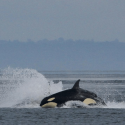
Blog post
STAFF VOICES | Centering this region’s Indigenous peoples and traditional land and water management knowledges.
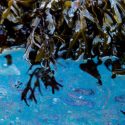
Blog post
INTERVIEW | Jess Housty of the Heiltsuk First Nation shares the social and economic impacts following the grounding of the Nathan E. Stewart
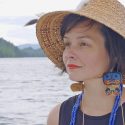
Blog post
INTERVIEW | The story behind the Heiltsuk First Nation investigating and eventually litigating a 2016 diesel spill in unceded territorial waters

Blog post
INTERVIEW | Lisa J. Watt and Doe Hatfield interviewed Alan Parker following the publication of his recent book, Pathways to Indigenous Nation Sovereignty
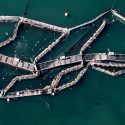
Blog post
Tribes respond: Atlantics salmon in the Salish Sea ![]()
PARTNER VOICES | Tribes around the Puget Sound have long objected to Atlantic salmon being farmed in the Salish Sea. An incident last August shows us why.